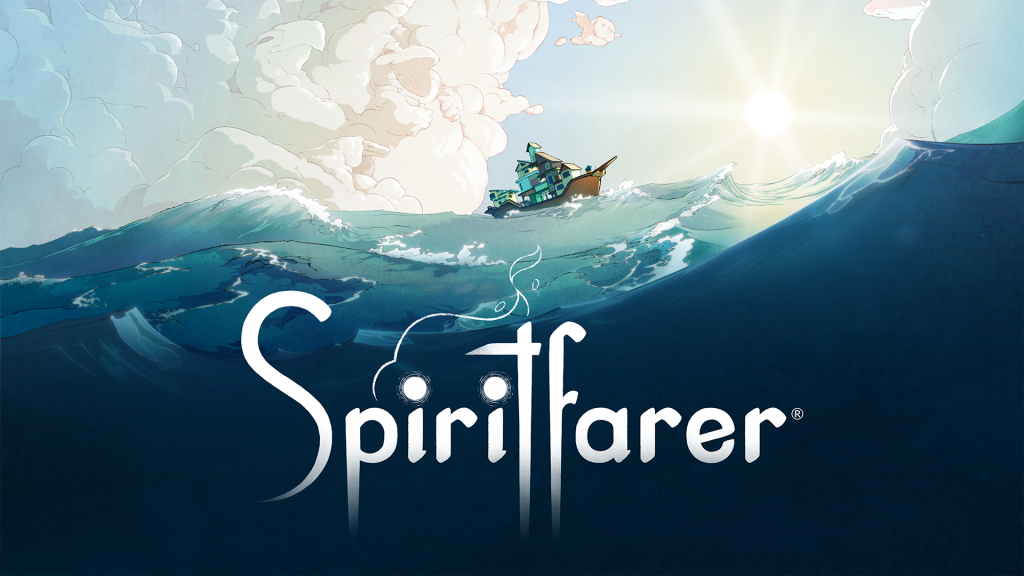Have you ever wondered how video games could facilitate one’s meaning-making process especially when dealing with difficult life situations such as losing a loved one?
A study by Karam Eum and Young Yim Doh (2023) aimed to understand how bereaved players construct new meanings to their loss after playing two video games, Bear’s Restaurant and Spiritfarer. These games were selected because the games’ themes and narratives explicitly focused on death and bereavement, which could facilitate players to recall and relate memories of their loved ones to their in-game experiences. The study discovered seven themes from the players’ experiences: recalling memories, avoiding engagement with pain, recognizing positive emotions, acknowledging the deceased’s perspective, reviewing the meaning of loss, planning a better future, and fulfilling a wish. The first three themes explained players’ reaction to memories related to loss, and the latter four themes explained players’ meaning-making of the loss.
Players’ reaction to memories related to loss
The players reported that the games’ scenes or objects recalled memories of the events to loss. Some players recounted the gameplay experience reminded them of the deceased people in their lives that they had long forgotten such as a childhood friend or a grandparent. Interestingly, recalling these memories of loss through gameplay elicited different emotional reactions among the players.
Some players reported avoidance to engage with the pain of loss as the gameplay experience confronted them of their initial emotional reactions upon their loss. These players experienced either sudden and unexpected loss of their emotionally close loved ones or a recent experience of loss, where both contexts resulted in higher emotional intensity with the pain. Alternatively, some players reported that the gameplay experience helped them to recognize the positive emotions and memories of their loved ones. Instead of viewing the loss as a painful memory, the games reminded them of the nostalgic and positive moments spent with the deceased, and they were thankful for their presence and care.
Players’ meaning-making of the loss
Other than recognizing their own reactions to loss, players reported the gameplay experience prompted them to acknowledge the deceased’s perspective as the game scenes enabled them to experience the similar real-life incidents being recounted from the deceased’s perspectives. Recalling these memories also gave players opportunities to review and reassess the meaning of loss depending on how they perceived the meaning in games and their existing meaning in life. Some players reported that they were able to construct new positive meanings to the loss by reassessing and understanding their prior beliefs and regrets. Consequently, this motivated the players to plan a better future such as express their care and appreciate the present moments with their living loved ones, so that they could avoid repeating previous mistakes and future regrets. While death is irreversible, players reported that the gameplay experience enabled them to fulfil their unresolved wishes by interacting with the game characters who they found strong resemblance of their deceased loved ones, which further helped them to create new meanings of their loss and to their meaning in life.

The findings were acquired from twelve players who were experiencing bereavement (six males and six females). Their gameplay experiences were kept track using play diaries and with an in-depth interview. These data were analysed via thematic analysis method.
The study provided valuable insights of how bereaved players construct new meanings of loss through gameplay experiences, filling the research gap in this discourse. The authors also emphasised the need for larger scale qualitative studies and longitudinal studies to further investigate the long-term effects of video games in promoting meaning-making of loss.
As the study was conducted by the Games and Life Lab in Korea Advanced Institute of Science and Technology (KAIST), the research findings highlighted the potential of video games as its ability to provide an environment for players to confront and evaluate their thoughts and emotions with safe distance. If you are interested in knowing more research done on this topic, reading the authors’ previous work, titled: “How the Death-themed Game Spiritfarer Can Help Players Cope with the Loss of a Loved One” would be a great option to start.
Source: Eum, K., & Doh, Y. Y. (2023). A thematic analysis of bereaved adults’ meaning-making experience of loss through playing video games. Frontiers in Psychology, 14, 1154976–1154976. https://doi.org/10.3389/fpsyg.2023.1154976
Additional source mentioned: Eum, K., Erb, V., Lin, S., Wang, S., & Doh, Y. Y. (2021). How the death-themed game Spiritfarer can help players cope with the loss of a loved one. Extended Abstracts of the 2021 CHI Conference on Human Factors in Computing Systems, 288, 1–6. https://dl.acm.org/doi/10.1145/3411763.3451608
Pictures:
Feature image from Bear’s Restaurant’s press kit (Odencat, 2021) https://odencat.com/bearsrestaurant/switch/en.html
Other images are from Spiritfarer’s press kit (Thunder Lotus Games, 2020) https://thunderlotusgames.com/press-kits/spiritfarer-press-kit/ and Bear’s Restaurant’s press kit (Odencat, 2021) https://odencat.com/bearsrestaurant/switch/en.html

